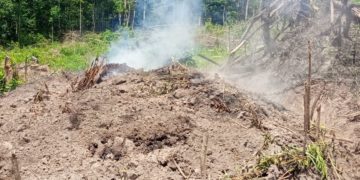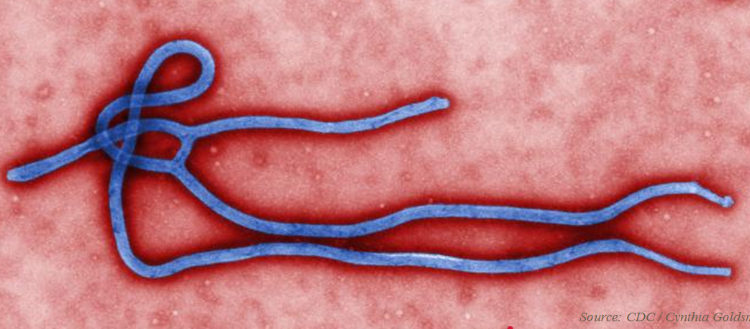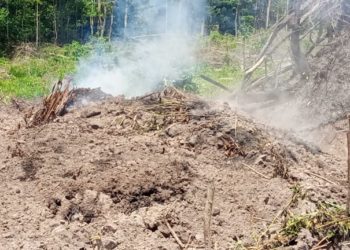Africa risks becoming a hotspot of for emerging infectious diseases unless action is taken to prevent this, the World Health Organization (WHO) has warned.
The warning comes in the form of a report which revealed that the region is facing a growing risk of outbreaks caused by zoonotic pathogens like the monkeypox virus, which originated in animals and then switched species and infected humans.
Zoonotic diseases are diseases that are transmitted from animals to humans, like Ebola, Lassa Fever and Anthrax.
This report, the results of an analysis by the global health agency, reveals that there has been a 63% increase in the number of zoonotic outbreaks in the Africa region in the decade from 2012-2022 compared to 2001-2011.
WHO blames the situation on improved transportation, which experts say has made it easier for pathogens to travel to large urban centres.
“Infections originating in animals and then jumping to humans have been happening for centuries, but the risk of mass infections and deaths had been relatively limited in Africa. Poor transport infrastructure acted as a natural barrier,” Dr Matshidiso Moeti, WHO Regional Director for Africa, was quoted in a statement released on Thursday.
“We must act now to contain zoonotic diseases before they can cause widespread infections and stop Africa from becoming a hotspot for emerging infectious diseases,” she added.
The study compares outbreak of infectious diseases in the last two decades – from 2001 to 2011 and 2012 to 2022.
It finds that between 2001-2022 there were 1843 substantiated public health events recorded in the WHO African region. Thirty percent of these events were zoonotic disease outbreaks, including Ebola, Dengue Fever, Anthrax, Plague and Monkeypox.
While these numbers were found to have increased over the past two decades, there was a particular spike in 2019 and 2020 when zoonotic pathogens represented around 50% of public health events.
Ebola Virus Disease and other viral hemorrhagic fevers constitute nearly 70% of these outbreaks; with dengue fever, anthrax, plague, monkeypox and a range of other diseases making up the remaining 30%.
Sierra Leone has experienced a handful of zoonotic disease outbreaks in the period under review, notably Ebola, Lassa Fever (which is endemic to the country) and very recently, Anthrax.
The 2014-2016 West African Ebola outbreak has been described as the worst Ebola outbreak in history. Since then there have been six more outbreak of the viral disease, including one neighboring Guinea.
The latest outbreak, the 14th, just ended in the Democratic Republic of the Congo on July 4th.
WHO says the increase in zoonotic cases may be due to several reasons. In Africa, it is linked to the rapid growth in the population, which increases the demand for food derived from animals including meat, poultry, eggs, and milk. This population growth is also leading to rising urbanization and encroachment on the habitats of wildlife, it adds.
Improved means of transportation through road, rail, boat and air links also means that zoonotic disease outbreaks spreading from remote areas where there are few inhabitants to large urban areas.
“As we have seen with the West African Ebola outbreaks, there can be a devastating number of deaths and cases, when zoonotic diseases arrive in cities,” notes the WHO statement.
“Stemming the rise in zoonotic diseases in Africa is complex and WHO recommends a one-health approach which requires multiple sectors, disciplines, and communities to work in collaboration. This includes a wide range of experts, including those working in human, animal and environmental health. Routine disease surveillance information and response activities—for both animal and human health—should be shared among epidemiologists and other public health experts” it adds.
WHO stresses that more research is also needed, to identify environmental, socioeconomic, and cultural factors that boost the emergence and transmission of epidemic-prone diseases, as well as to better understand the factors that affect the impact and spread of epidemics, including the immune status, nutrition, genetic and antimicrobial resistance.
“We need all hands on deck to prevent and control zoonotic diseases such as Ebola, monkeypox and even other coronaviruses,” said Dr Moeti. “Only when we break down the walls between disciplines can we tackle all aspects of the response.”




















